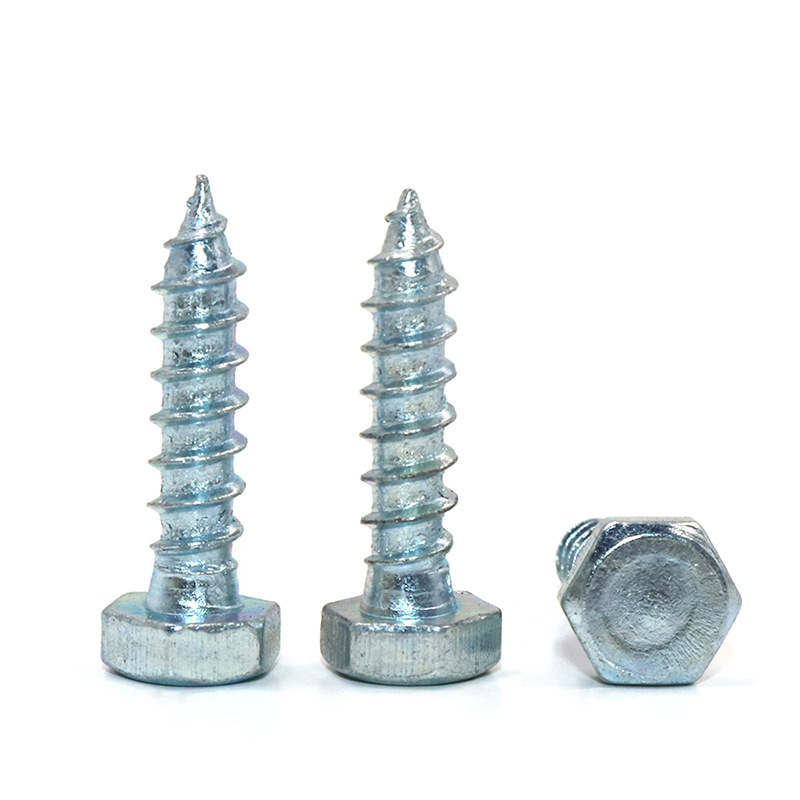

Innovative Fastening Solutions for Secure Countertop Joint Assembly and Stability
Dec . 04, 2024 10:50 Back to list
Innovative Fastening Solutions for Secure Countertop Joint Assembly and Stability
Understanding Countertop Joint Fasteners Essential Tools for a Smooth Finish
When it comes to home improvement and renovation, the kitchen often stands as the heart of any home. A key component of this space is the countertop, which not only provides utility but also enhances the aesthetic appeal of the kitchen. One critical aspect of installing countertops is ensuring that the joints between slabs are secure and seamless. This is where countertop joint fasteners come into play, serving as essential tools in achieving a polished finish.
What Are Countertop Joint Fasteners?
Countertop joint fasteners are specially designed hardware that holds together two or more pieces of countertop material at their seams. These fasteners are crucial for preventing movement and shifting, which can lead to unsightly gaps and structural issues. There are various types of joint fasteners available in the market, ranging from traditional mechanical fasteners to advanced adhesive systems. Each type has its own advantages and is suited for different materials and installation methods.
Types of Countertop Joint Fasteners
1. Mechanical Fasteners These include screws, brackets, and dowels that physically connect countertop pieces. Mechanical fasteners are known for their strength and reliability. They are particularly useful for thicker countertops, such as those made from granite or quartz, where additional support is necessary.
2. Adhesives Epoxy and polyurethane adhesives are popular choices for bonding countertop joints. These adhesives provide a strong, permanent bond that can be resistant to water and heat. They are ideal for materials like laminate and solid surface countertops.
3. Clamp Systems Some fasteners utilize clamps that hold the countertop pieces together while the adhesive cures. This system ensures that the joints remain tightly aligned during the bonding process, leading to a cleaner finish.
4. Joinery Methods Techniques like biscuit joinery or splines can also be employed to create invisible joints. These methods involve cutting precise grooves in the countertop edges and inserting a connecting piece, which helps in alignment and adds stability.
countertop joint fasteners

Installation Tips
When installing countertops and using joint fasteners, attention to detail is paramount. Here are some helpful tips for achieving a successful installation
- Measure Accurately Precise measurements are essential for ensuring that the countertop pieces fit together perfectly. Double-check all dimensions before cutting or drilling.
- Choose the Right Fasteners Depending on the material of your countertop, select suitable fasteners. For example, heavier stone countertops may require more robust mechanical fasteners, while lighter materials might suffice with adhesive.
- Prepare the Surface Ensure that the surfaces to be joined are clean and free of dust or debris. A clean surface enhances the bond strength of adhesives and prevents any imperfections.
- Follow Manufacturer Instructions Whether you are using mechanical fasteners or adhesives, always refer to the manufacturer's guidelines for the best practices in installation. This can help avoid common pitfalls and ensure a long-lasting result.
- Allow Curing Time If using adhesives, give ample time for the bond to cure before applying any stress or weight to the countertop. This will preserve the integrity of the joint.
Conclusion
Countertop joint fasteners are a fundamental aspect of any countertop installation, providing the necessary support and stability for a flawless finish. By understanding the different types of fasteners and following proper installation practices, homeowners and DIY enthusiasts can create beautiful, durable countertops that stand the test of time. Whether you're renovating your kitchen or installing a new countertop, investing in quality joint fasteners is crucial for achieving a professional look that enhances your space.
Latest news
-
High-Strength Hot Dip Galvanized Bolts - Hebei Longze | Corrosion Resistance, Customization
NewsJul.30,2025
-
Hot Dip Galvanized Bolts-Hebei Longze|Corrosion Resistance&High Strength
NewsJul.30,2025
-
High-Strength Hot-Dip Galvanized Bolts-Hebei Longze|Corrosion Resistance&High Strength
NewsJul.30,2025
-
Hot Dip Galvanized Bolts-Hebei Longze|Corrosion Resistance&High Strength
NewsJul.30,2025
-
Hot Dip Galvanized Bolts - Hebei Longze | Corrosion Resistance, High Strength
NewsJul.30,2025
-
High-Strength Hot Dip Galvanized Bolts-Hebei Longze|Corrosion Resistance, Grade 8.8
NewsJul.30,2025

